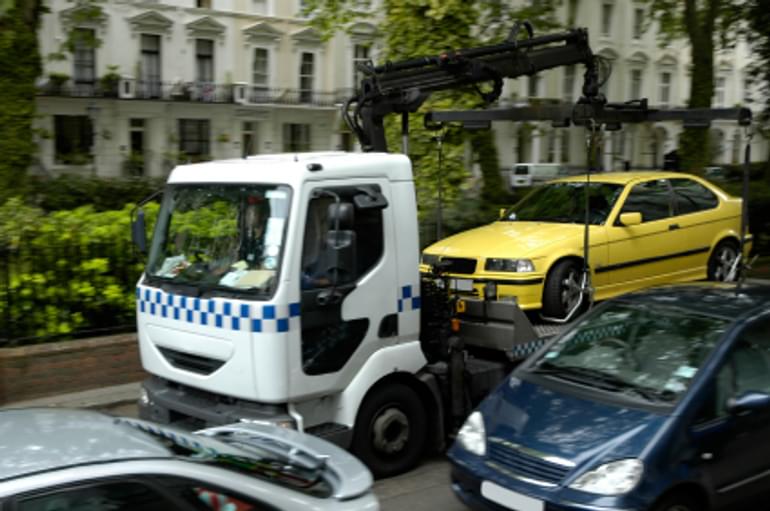The powers conferred by a writ of control
By David Asker on
A High Court writ of control confers a number of powers onto a High Court Enforcement Officer (HCEO) to take control of goods to satisfy a debt.

When a money judgment is awarded in the High Court or County Court, the claimant can transfer the judgment (CCJ) to the High Court for enforcement by an HCEO under a writ of control. No permission is needed to do so, the only proviso is that the CCJ must be for £600 or more and must not be a consumer credit regulated debt.
Debts below £600 and regulated debt are enforced currently by County Court Bailiffs (CCBs). CCJs over £5,000 may only be enforced under a writ of control by an HCEO.
Enforcement hours
The HCEO may enforce the writ any day of the week, except for Bank Holidays and Christmas Day, between 6am and 9pm.
However, if the debtor is a business and keeps different hours, for example a night club, the HCEO may also enforce the writ during the debtor’s normal business hours.
Obstructing an enforcement agent
The penalties for either intentionally obstructing an enforcement agent enforcing a High Court writ or intentionally interfering with controlled goods without lawful excuse are:
- Imprisonment for a term not exceeding 51 weeks
- A fine not exceeding level 4 (currently up to £2,500) on the standard scale
- Or both
Taking control of goods
The enforcement agents, acting under the authority of the HCEO, may take control of goods belonging to the debtor to the value of the writ plus court fees and enforcement fees. This means that the goods are now under the control of the Court and may not be removed or disposed of by the debtor or anyone else.
If the debtor pays the debt in full (either in one payment or through a payment arrangement under a controlled goods agreement), the goods will revert to their ownership.
If the writ is not satisfied, the controlled goods may be removed and sold, normally at public auction.
If the debtor claims that certain goods do not belong to them, they will need to provide proof of ownership.
In the case of a business, if it is a limited company or limited liability partnership, the enforcement agent may only take goods that belong to the legal entity.
For a sole trader or partnership, the enforcement agent may take control of any of the goods, with the exception of “tools of the trade” to the value of £1,350, which only applies to goods owned and used exclusively by a sole trader.
The enforcement agent may take control of vehicles that are free from finance.
Exempt goods
There are a number of items that are exempt from enforcement, including:
- Bedding, clothing, furniture and provisions that the debtor and their family need for a basic level of domestic life
- Perishable goods
- Any items reasonably required for the care of a person under 18, a disabled person or an older person (over 65)
- Assistance dogs, sheep dogs, guard dogs and domestic pets
- Vehicles with a valid disabled person’s badge, being used for police, fire or ambulance purposes, or with a valid British Medical Association badge or other health emergency badge being used for health emergency purposes
Read more about exempt goods here.
Gaining entry
Entry into premises must be through a normal means of entry, such as a door or a loading bay. This includes using the door handle to open a closed but unlocked door.
Forcing entry into residential premises is not permitted unless a controlled goods agreement has been previously signed and the debtor has not complied with the payment schedule within the agreement. This is because the controlled goods belong to the Court until the writ is satisfied.
Should forcible entry into commercial premises be the only means of gaining entry, this may be possible if the Court provides approval.
Validity of the writ
The writ of control will be valid for 12 months. If the debtor has entered into a controlled goods agreement and subsequently defaults on the payments, the writ is then automatically valid for a further 12 months from the date of the breach.
The writ may also be extended, just once, for a further 12-month period, before the expiry by applying to court for permission. The applicant will need to demonstrate why they need the extension and provide the grounds for not having taken control of the goods during the initial 12-month period.
To instruct us
If you have a CCJ that needs enforcing, you can instruct us online. There is a court fee to pay for the writ of control – full details are included in our online instruction form.

David Asker
David is an authorised High Court Enforcement Officer and our Director of Corporate Governance
